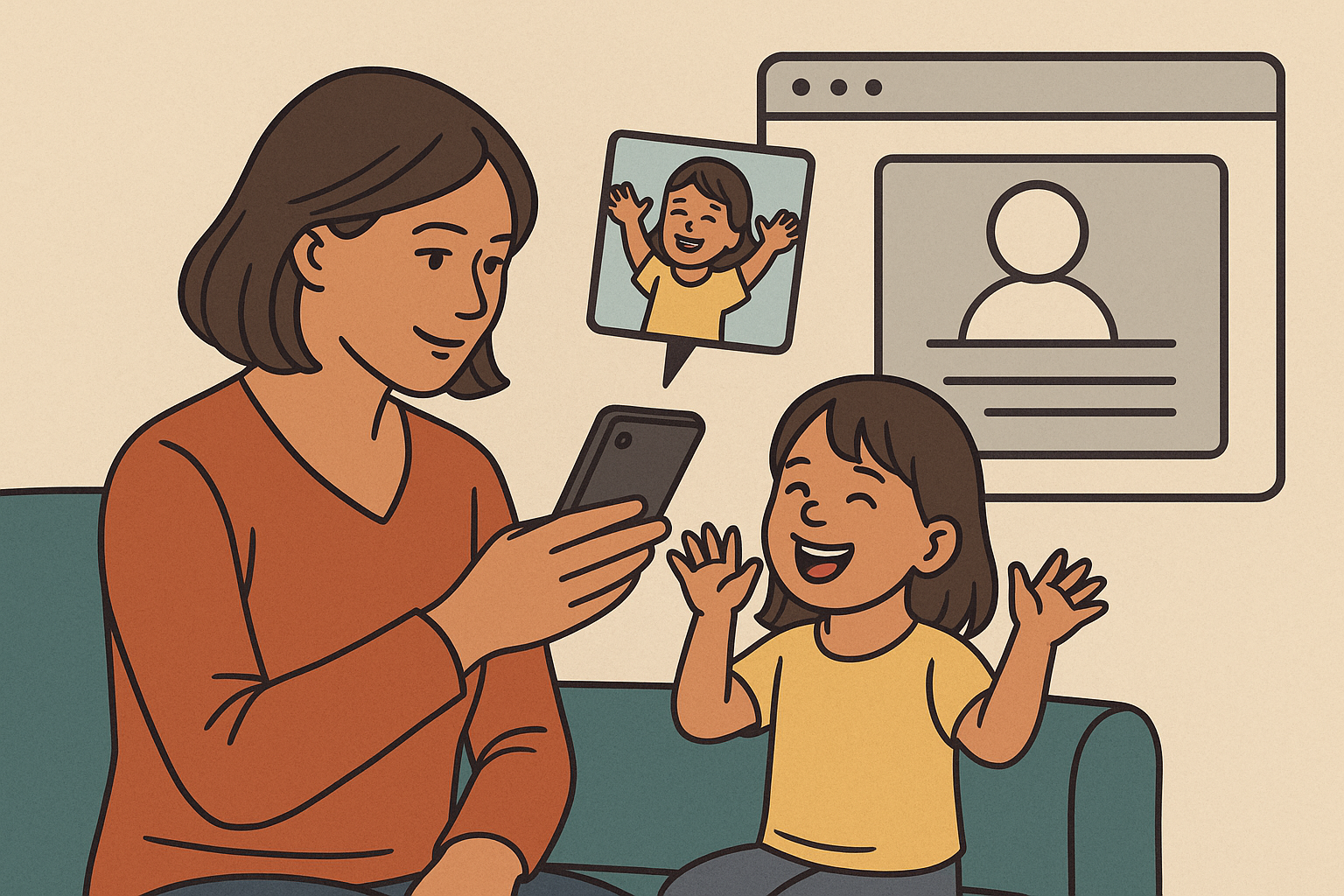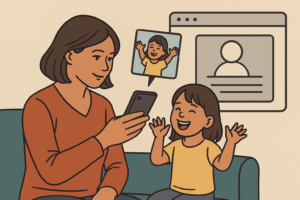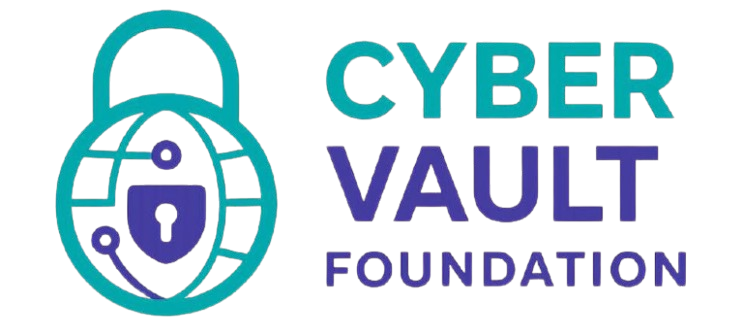Sharenting in the Age of AI: What African Parents Should Know

Sharenting in the Age of AI: What Parents Should Know
The New Parenting Dilemma

What is “sharenting”?
Sharenting is when parents, guardians, or relatives share information about a child online photos, videos, stories, health or school updates on platforms like WhatsApp, Facebook, Instagram, blogs, or family websites.
In today’s digital Africa, it’s common to see proud parents sharing photos of their children online — the first day at school, a birthday party, or a funny family video. This practice, known as sharenting, combines the sharing of personal experiences with parenting. It celebrates family moments but also builds a digital footprint for a child before they even understand what “online” means.
While sharing is part of how we connect as Africans — celebrating milestones and keeping families united across borders, the rise of Artificial Intelligence (AI) is changing the risks. Once a photo goes online, it doesn’t just sit there anymore. AI can analyze, copy, alter, and even recreate it.
How AI Changes the Sharenting Conversation
In the age of AI, what used to be harmless sharing has new implications:
1. Children’s Data Becomes “Training Material”
AI systems learn by scanning online data, including public photos and posts. That means your child’s pictures could unknowingly become part of datasets that teach machines to recognize faces, emotions, or body movements. This data can be reused in unexpected ways — often without your knowledge or consent.
2. Digital Cloning and Deepfakes
AI can now create realistic fake videos or voices using just a few images or short clips. Innocent family posts can be turned into manipulated videos, memes, or even online scams. In some cases, criminals use AI to mimic children’s voices in phone calls or online messages.
3. Permanent Digital Footprints
In many African countries, children’s digital identities are created long before they’re old enough to log in themselves. Future schools, employers, or even AI algorithms that analyze behavior could access old posts that may no longer reflect who that young person has become.
4. Cultural Pressures and Privacy Gaps
In Africa, sharing family joy is cultural, from WhatsApp family groups to Facebook announcements. Yet, legal protections often lag behind technology. While some nations like Uganda and Kenya have data protection laws, few specifically address parental sharing or children’s digital consent.
Why It Matters
-
- Safety: Public posts can expose children’s location, school, and routines.
-
- Consent: Children rarely get to decide how their lives are shared.
-
- Reputation: Once an image or story goes viral, it’s nearly impossible to remove.
-
- Exploitation: Child photos can be stolen and reused in online scams, fake profiles, or inappropriate AI-generated content.
African Parents Can Still Share — But Safely
Here’s how to strike a balance between pride and protection:
-
- Pause Before You Post – Ask yourself: Would I want this shared if it were my photo as a teenager?
-
- Use Private Groups – Share updates on WhatsApp family groups instead of public pages.
-
- Avoid Identifiers – Crop out school uniforms, license plates, or location tags.
-
- Ask for Consent – Even young children deserve a say. Let older kids decide what they’re comfortable with.
-
- Educate Family Members – Talk to relatives about digital respect and safe sharing practices.
-
- Review Old Posts – Delete outdated content and tighten your privacy settings.
-
- Learn About AI – Understand that AI “learns” from online content. The less data it has about your child, the safer they are.
The Role of Communities and Schools
African schools, churches, and community groups can promote digital parenting awareness, training parents on privacy, consent, and AI risks. Organizations like Cyber Vault Foundation and digital literacy hubs across the continent are already raising awareness through workshops and campaigns that blend cultural sensitivity with modern cybersecurity.
A Call for Policy and Protection
African governments must adapt child protection laws to the AI era, ensuring that:
-
- Children’s images can’t be used by AI without consent.
-
- Platforms are held accountable for how children’s data is processed.
-
- Parents receive guidance on responsible online behavior.
Final Thought
Technology is evolving faster than culture or policy, but Africa has a chance to lead with wisdom. Sharenting isn’t just about pride; it’s about responsibility. Every photo, post, or video of a child helps define their digital destiny.
So before you post that cute picture; pause, protect, and preserve your child’s privacy.
Because in the age of AI, love must also mean digital care.

Leave a Reply